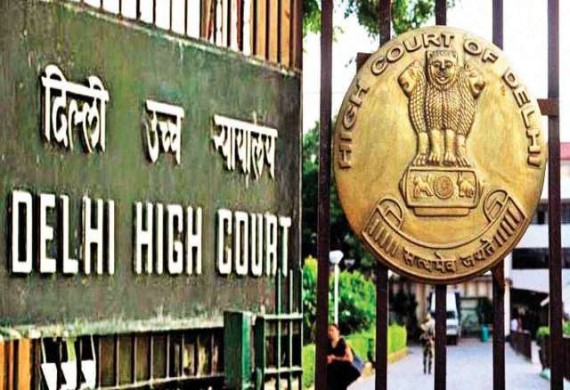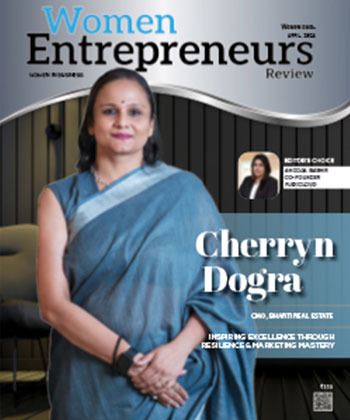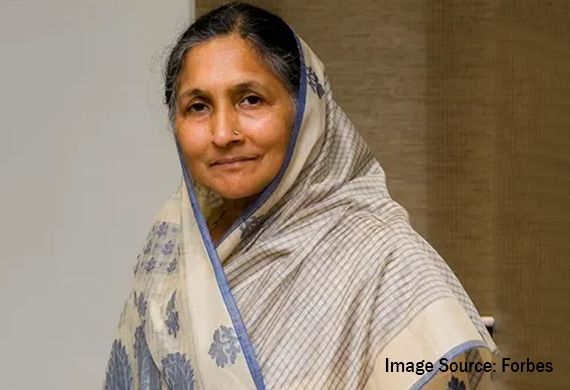
Delhi High Court Identifies the need for Systems to Boost Women's Contributions to Innovation
By: WE Staff | Thursday, 11 August 2022
According to Justice Prathiba M. Singh of the Delhi High Court, there are numerous opportunities for women in the field of innovation, and they require systems that are accommodating and flexible enough for them to use their education to contribute more to the industry and the GDP.
'Facing the unseen barriers: Addressing issues faced by Women in Science, Technology, Entrepreneurship and Mathematics (STEM)' was the subject of her debut speech at the HC. The WISE Council of the Federation of Indian Chambers of Commerce and Industry organised the meeting (Women in Science and Entrepreneurship).
According to her, India has a higher percentage of female STEM graduates than many other wealthy nations (43% total). “In the US it’s 34 per cent, in the UK it’s 38 per cent, in Germany it’s 27 per cent and in France, it’s 32 per cent. “In India, it’s 43 per cent, which means we are educating our girls properly,’ Justice Singh said.
She claimed that women are "fortunate" in India since the nation is much more progressive and is seeing more of them in leadership positions. Women are intellectually very perceptive, creative, and imaginative.
She voiced concern, though, that despite their inventiveness and creativity, women are unable to come up with real, tangible ideas that can be put on the market and aid them in moving society forward.
Justice Singh said that the evident brain drain in India is ‘because we have not allowed our women to come out and to contribute to GDP’. “It is not about empowerment, it is about putting the best systems in place to make sure that the systems are women-friendly and flexible enough for women to use their educational qualifications to contribute to the GDP. There is a huge opportunity in the field of innovation for mentorship,” the judge said.
According to data for 2018–19, the figures are 42% for B.Tech, 63% for M.Tech, and 30%–35% for medical and health-related degrees. However, it is shocking that just 3–4% of research publications in India are written by women.
“So where have all the 40 per cent women gone? It is just so contrasting that I was so shocked. If you take joint authorship then it is 47 per cent. So somewhere down the line as a team, there are women but as individual authors, they are unable to come out on their own,” she said.






